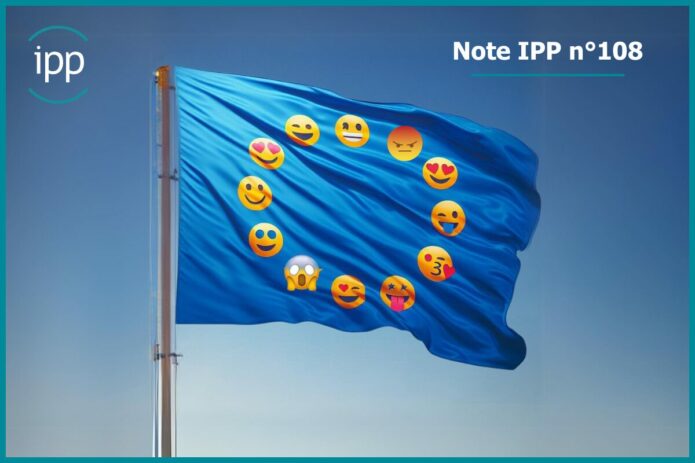
>> Download policy brief
On Thursday June 5, 2024, the IPP’s Democracy Unit published a policy brief studying the link between the increased level of emotion in European Parliament debates and the increase in the number of seats won by populist MEPs.
This note is based on the transcripts of 686,439 oral interventions and written questions formulated in plenary sessions of the European Parliament between July 1999 and October 2022. The authors (Hugo Subtil, post-doctoral fellow at IPZ, the political science laboratory of the University of Zurich, and Vincent VERGER, doctoral student at École polytechnique-CREST and doctoral student affiliated with IPP) used automatic natural language processing methods to study the tonality of MEPs’ speeches. MEPs speak differently depending on the topics discussed, their country of origin, and their ideological positioning.
Key results
- Contrary to the stereotype of an institution with cold and technocratic debates, the level of emotion has significantly increased over the period (+21%).
- Populist MEPs use more emotional rhetoric than other MEPs, with an average emotion score 10% higher.
- The choice of subjects explains 25% of the emotional gap between populist and non-populist MPs, and the addition of other factors (country of origin, age, gender) raises this explanation to 29%.
- In response, non-populist MPs have shifted their speeches towards more emotion.
>> Lire la note / Read the note (english version)
>> Subscribe to receive future publications from the IPP Democracy Unit
Ce message est également disponible en :  French
French


